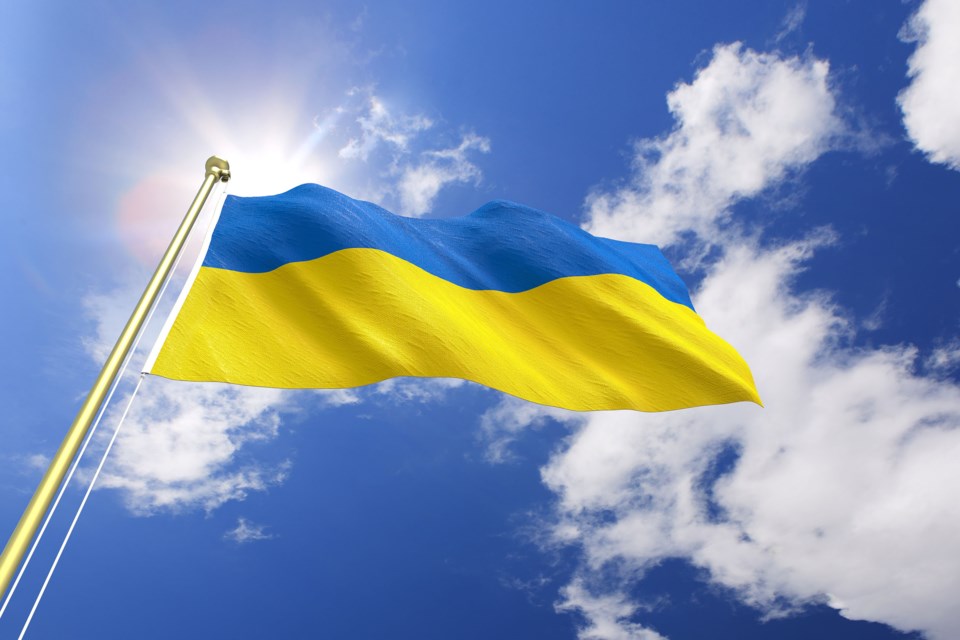In November 1939, the Soviet Union invaded the Republic of Finland, starting the Winter War. Within four months, they even created the Karelo-Finnish Soviet Socialist Republic to presumably govern the newly conquered territory as a full union republic.
Based on all reliable evidence it appears their intention was to fix what the Soviet leadership considered to a mistake of history. Namely that during the Russian Revolution the Grand Duchy of Finland had declared its independence from the Russian Empire and had been allowed to keep it when other breakaway states like Armenia, Azerbaijan, Belarus, Georgia, and Ukraine had been forcibly reincorporated. Finland, of course, was not the only part of the former Russian Empire the Soviet Union wished to take over and the Baltic Republics of Estonia, Latvia, and Lithuania would be taken over the following year.
Naturally, Finland resisted the Soviet Union. Using their environment and culture to their advantage they not only dug in on the Karelian Isthmus, but also captured the world’s imagination as they engaged the Soviets on cross-country skis. Turns out the biathlon is more than just a sporting event!
In their spare time, they developed the Molotov cocktail, named after the Soviet foreign minister who among other things had signed the secret Molotov-Ribbentrop Pact that divided Eastern Europe between the Soviet Union and Nazi Germany. Finland held out against the Soviet Union until March 1940 and then signed the Moscow Peace Treaty, which cost them land, the associated economic resources, and their second largest city of Viipuri.
All of this took place with the rest of the world watching and in theory supporting Finland. Indeed, foreign volunteers even travelled to Finland to fight the Soviets, but then as now, none of the other world powers would intervene and Finland was left to fight on its own.
If the parallels between the Winter War and the current Russo-Ukrainian War are not obvious to you, they should be. As the successor state to the Soviet Union that borders Finland, Russia still holds the territory gained by the Winter War, as well as additional territory lost during the Continuation War, in which Finland sided with Nazi Germany in an attempt to undo the Treaty of Moscow, only to lose more land when Nazi Germany lost. Given the similarities between the two wars, I think there are a few things we can learn from the past to help inform the present.
First, without foreign intervention it is unlikely Ukraine will win the war.
This sentence sounds harsh, but I would argue it is something recognized by Ukrainian leadership, who have actively sought outside intervention from the United States, the European Union, NATO, and quite frankly anyone who is willing to help. They are receiving much-needed aid but just the other day I came across an ad on Facebook asking if I wanted to join the Ukrainian International Legion. Of course, the ad was not specifically targeted at me, but it is indicative of the desire for aid Ukraine currently has and I would encourage people to provide support in whatever way they can, such as donating to UNBC student Vova Plizhnikov’s Red Cross Campaign.
Second, as the war progresses it becomes more likely that we will see a peace in which no one is happy. Russia is not doing well but the world is watching as they destroy Kharkiv, Mariupol, and Kyiv. At what point does peace become so desirable that Ukraine is willing to give up Crimea and/or agree to not join NATO? It was this sort of Faustian bargain that eventually got Finland in the end. Was it worth fighting the Soviet Union and potentially losing more lives and/or territory in the end or agreeing to an undesirable peace and at least having peace? Wars of attrition are a number game and given the population difference Russia can potentially lose more soldiers and still win the war.
And finally, we should not underestimate Russia.
Hitler did and the Winter War was used to show that the Red Army was combat ineffective. Whether it is Vietnam, Afghanistan, or Iraq it should be clear by now that all of the great powers have a hard time fighting in a country where they are not universally welcome and are denied pitch battles. That being said, we have not seen the great powers engage in an all-out war with each other since the Second World War.
Make no mistake, they’re watching, they’re learning, and they’re planning.
Daniel Sims is an associate professor of First Nations Studies at UNBC, who has taught a course on the history of the Cold War. He is a member of the Tsay Keh Dene First Nation.



